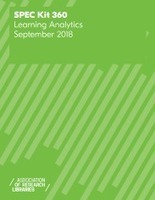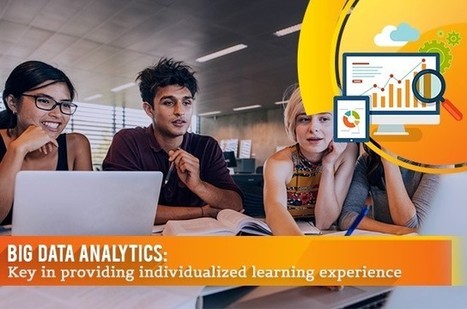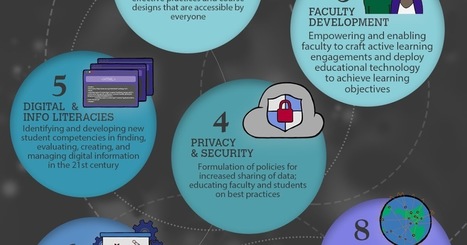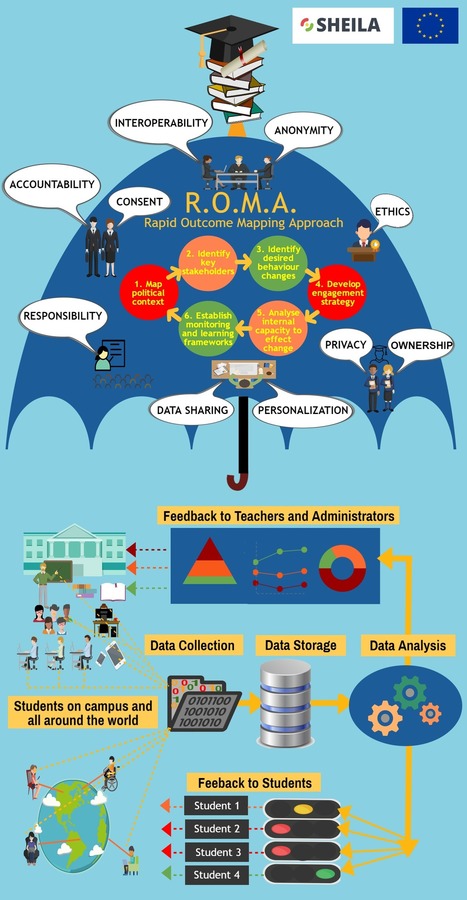The growth and development of learning analytics has placed a range of new capacities into the hands of educational institutions. At the same time, this increased capacity has raised a range of ethical issues. A common approach to address these issues is to develop an ethical code of conduct for practitioners. Such codes of conduct are drawn from similar codes in other disciplines. Some authors assert that there are fundamental tenets common to all such codes. This paper consists of an analysis of ethical codes from other disciplines. It argues that while there is some overlap, there is no set of principles common to all disciplines. The ethics of learning analytics will therefore need to be developed on criteria specific to education. We conclude with some ideas about how this ethic will be determined and what it may look like.
Help us caption & translate this video!
https://amara.org/v/C14fk/
Via Ana Cristina Pratas



 Your new post is loading...
Your new post is loading...








![SHEILA [Supporting HE to Integrate Learning Analytics] project with ROMA | Information and digital literacy in education via the digital path | Scoop.it](https://img.scoop.it/imlYAdxPLb5PouuYhiXgtzl72eJkfbmt4t8yenImKBVvK0kTmF0xjctABnaLJIm9)




















